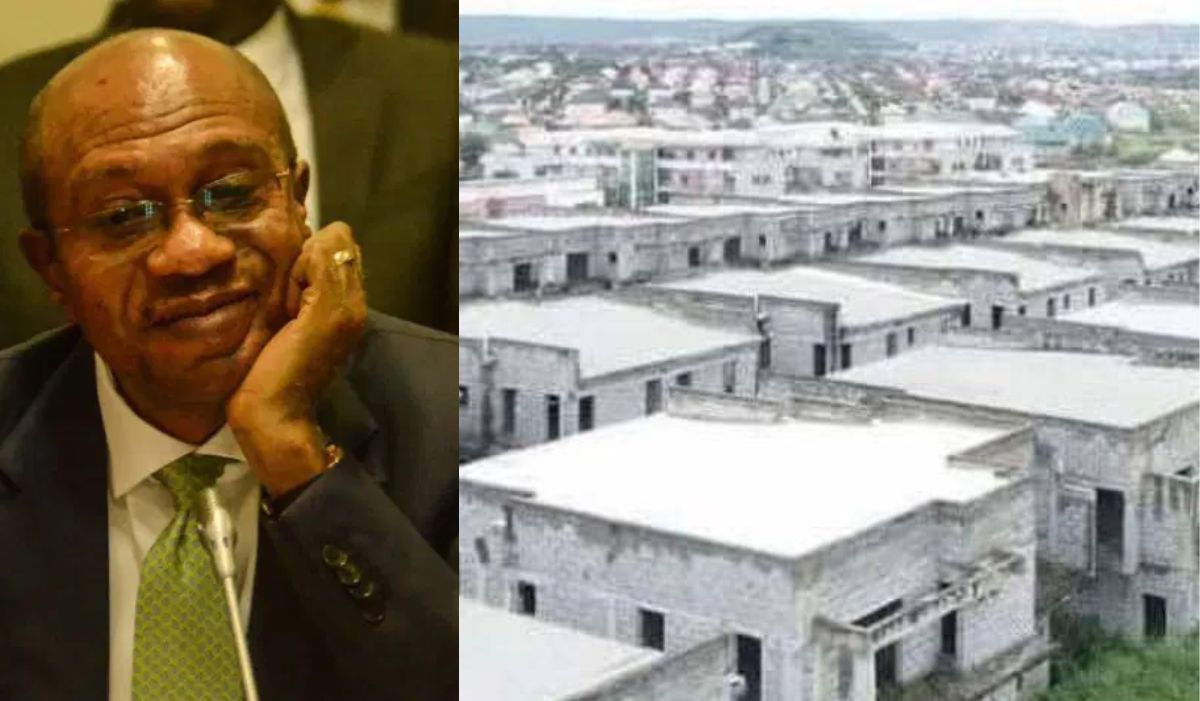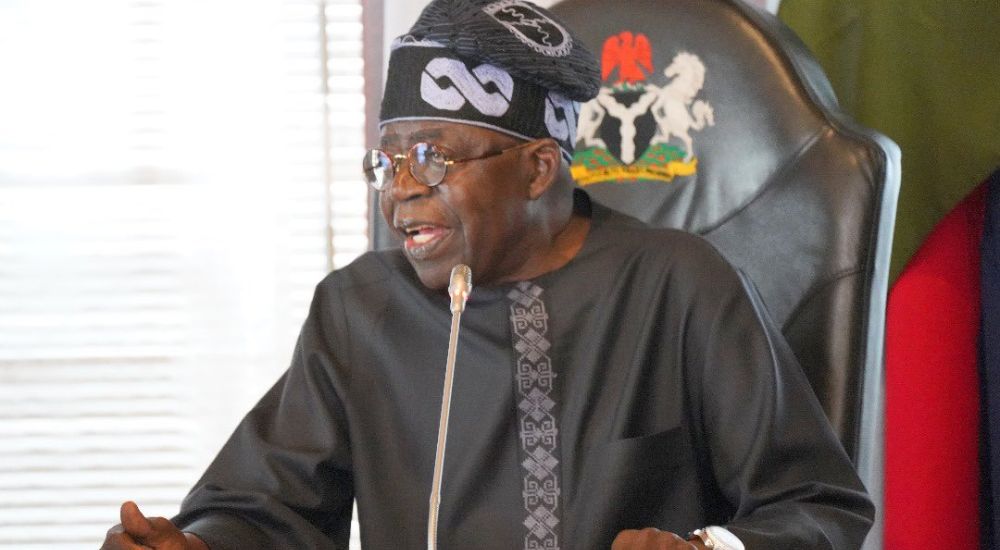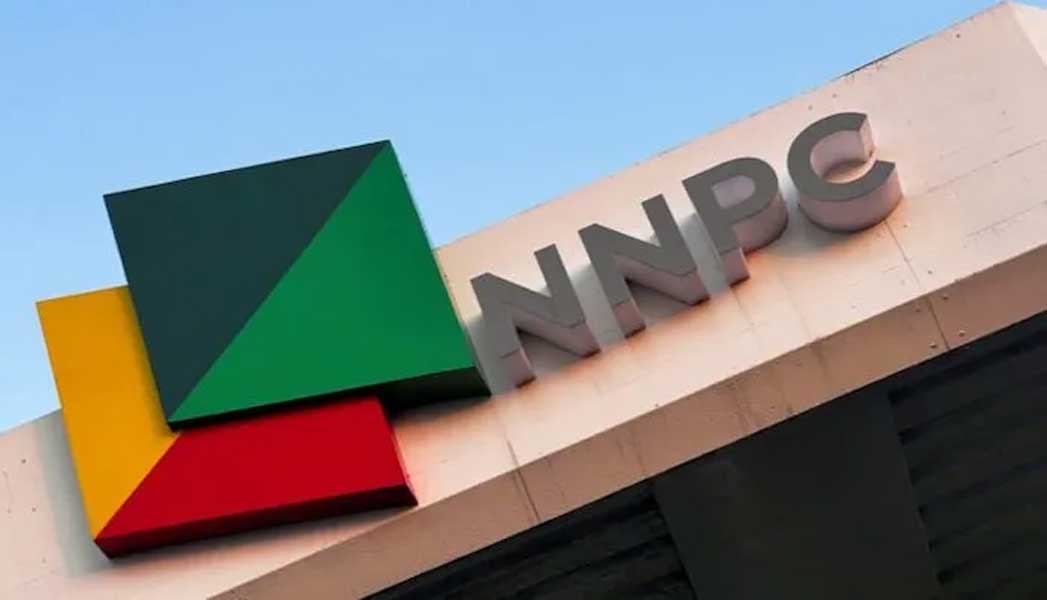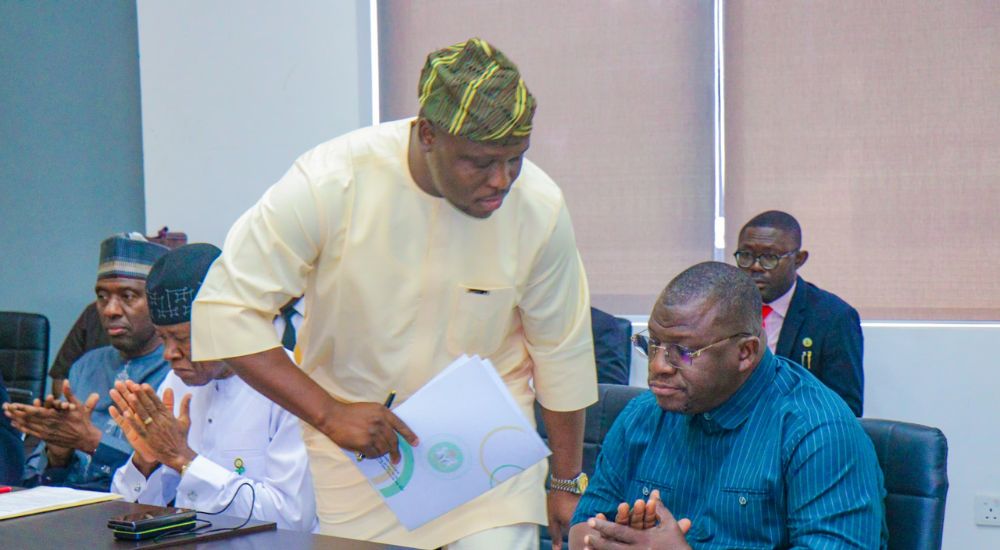New Debt Plan Favors Cheaper Development Loans Over Costly Commercial Debt, FG Clarifies
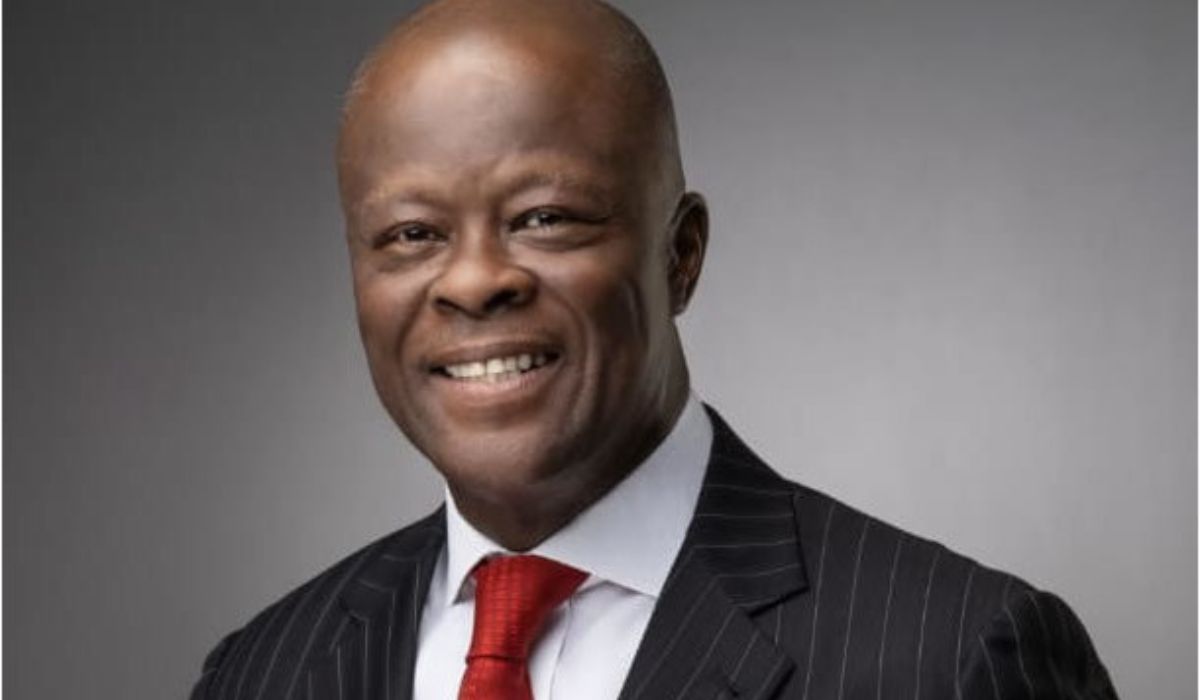
The Federal Government of Nigeria clarified on Wednesday that its newly proposed 2024–2026 external debt strategy prioritizes securing favorable financing from international development institutions, rather than expanding costly commercial borrowing arrangements.
In a statement, the Ministry of Finance explained that the comprehensive borrowing proposal submitted on Tuesday to the National Assembly focuses on infrastructure investment through concessional loan terms, while maintaining responsible debt practices to support national economic recovery goals.
On Tuesday, News.ng reported that President Bola Tinubu had presented a financial proposal to the House of Representatives, seeking approval for an external borrowing framework exceeding $21.5 billion, along with authorization to issue domestic bonds worth ₦757.9 billion to address outstanding pension obligations.
“The 2025–2026 borrowing plan covers all sectors, with particular emphasis on infrastructure, agriculture, health, education, water supply, economic growth, security, and employment generation, as well as financial and monetary reforms,” the President stated.
However, the Finance Ministry emphasized that the proposal represents a forward-looking, multi-year roadmap rather than an immediate accumulation of debt. It outlines potential borrowing needs for federal and state governments over three years.
This framework is a key component of Nigeria’s Medium-Term Expenditure Framework (MTEF) and aligns with provisions of the Fiscal Responsibility Act (2007) and the Debt Management Office (DMO) Act (2003).
Ministry officials also sought to allay public concerns over Nigeria’s growing debt profile, clarifying that the proposal does not constitute actual debt. Instead, it serves as a strategic fiscal planning instrument designed to reduce reliance on ad hoc or emergency borrowing decisions.
The 2025 fiscal year component includes a potential $1.23 billion in external funding, which remains subject to assessment and is projected for disbursement in the latter half of the year. According to the Ministry, all proposed borrowings are tied to specific projects, with disbursement schedules aligned to project implementation timelines.
“Borrowings are spread throughout the projects,” the statement noted. “Many of these projects involve drawdowns over five to seven years, enabling better fiscal control and planning.”
Targeted investment areas include critical infrastructure such as the national electricity grid and transmission systems, agricultural irrigation to boost food production, nationwide fibre-optic networks, military aircraft for national defense, and improved transportation infrastructure.
The framework covers federal initiatives as well as state-level projects across several regions, including Abia, Bauchi, Borno, Gombe, Kaduna, Lagos, Niger, Oyo, Sokoto, and Yobe States.
Primary sources of funding will be established multilateral and bilateral development partners. These include the World Bank, African Development Bank (AfDB), China EximBank, Islamic Development Bank, French Development Agency (AFD), and the Japan International Cooperation Agency (JICA).
Officials emphasized that these institutions offer preferential loan terms, including low interest rates and extended repayment periods.
The Ministry further underscored Nigeria’s evolving debt management approach, shifting from an emphasis on debt volume to a broader focus on sustainability, economic impact, and long-term value creation.
“It is not the size of the debt, but its utility and the quality of its deployment that matters,” the statement said.
Nigeria’s public debt has reached record levels, with debt servicing consuming over 90% of government revenues in 2023, triggering concern among economic analysts and international financial institutions.
Nonetheless, the Tinubu administration asserts that meaningful progress is being made in addressing fiscal pressures. The controversial Central Bank overdraft system, known as “Ways and Means,” has been discontinued, while revenue mobilization reforms are underway.
Officials expect improved earnings from the Nigerian National Petroleum Corporation (NNPC) and increased contributions from Government-Owned Enterprises (GOEs). Digital tracking platforms are being introduced to ensure transparency and recover outstanding revenues from ministries, departments, and agencies.
“The goal is to stabilize the macroeconomy and create a foundation for rapid, inclusive growth,” the Finance Ministry stated. “Investment in core infrastructure and productivity-enhancing sectors is central to this vision.”
The proposal will adhere to the DMO’s Debt Sustainability Framework and will be subject to periodic review and legislative oversight.
“The government remains committed to transparency, fiscal discipline, and accountability,” the Ministry concluded, noting that public engagement will be a key component of the borrowing strategy going forward.

